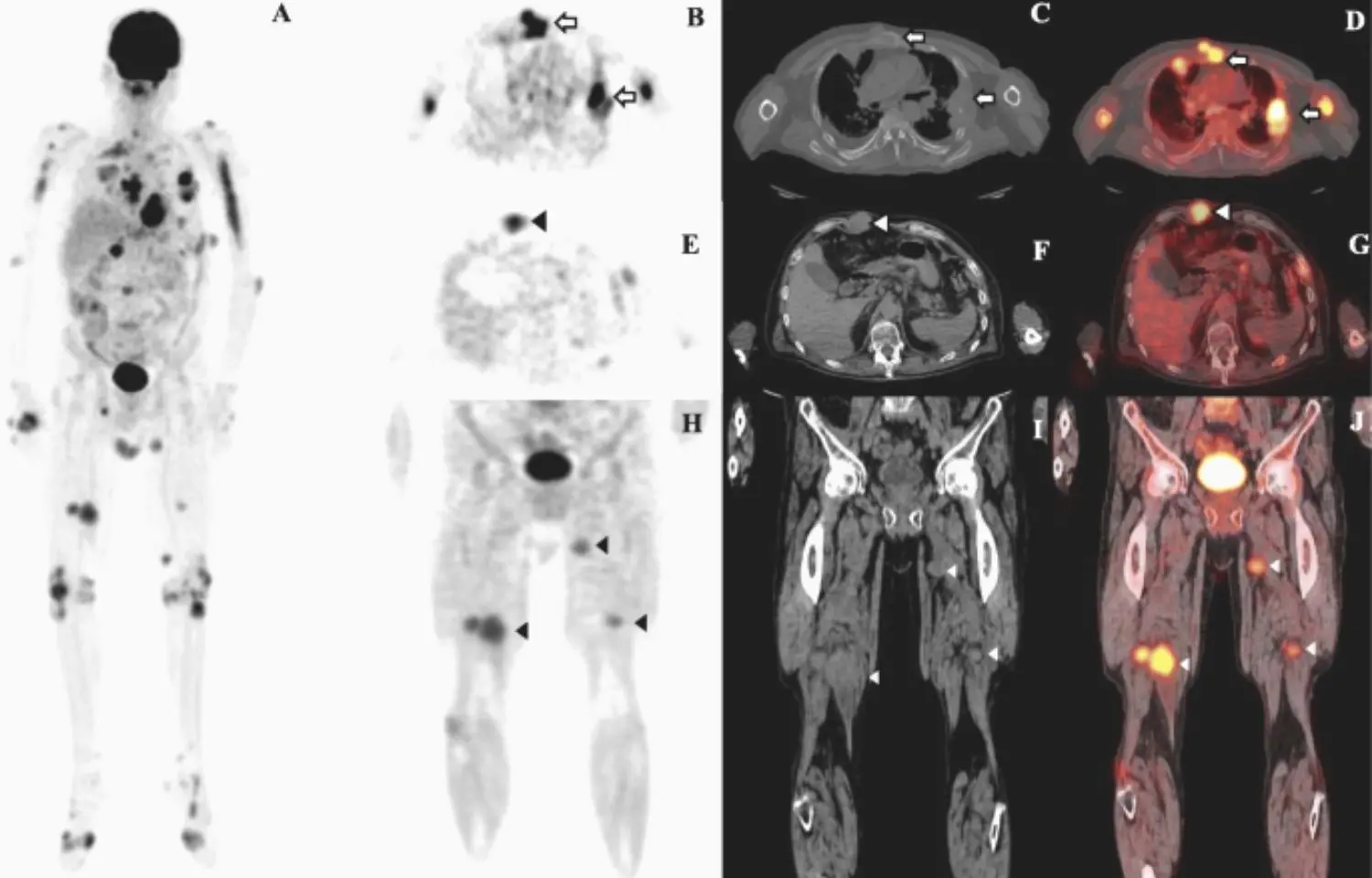- Home
- Medical news & Guidelines
- Anesthesiology
- Cardiology and CTVS
- Critical Care
- Dentistry
- Dermatology
- Diabetes and Endocrinology
- ENT
- Gastroenterology
- Medicine
- Nephrology
- Neurology
- Obstretics-Gynaecology
- Oncology
- Ophthalmology
- Orthopaedics
- Pediatrics-Neonatology
- Psychiatry
- Pulmonology
- Radiology
- Surgery
- Urology
- Laboratory Medicine
- Diet
- Nursing
- Paramedical
- Physiotherapy
- Health news
- Fact Check
- Bone Health Fact Check
- Brain Health Fact Check
- Cancer Related Fact Check
- Child Care Fact Check
- Dental and oral health fact check
- Diabetes and metabolic health fact check
- Diet and Nutrition Fact Check
- Eye and ENT Care Fact Check
- Fitness fact check
- Gut health fact check
- Heart health fact check
- Kidney health fact check
- Medical education fact check
- Men's health fact check
- Respiratory fact check
- Skin and hair care fact check
- Vaccine and Immunization fact check
- Women's health fact check
- AYUSH
- State News
- Andaman and Nicobar Islands
- Andhra Pradesh
- Arunachal Pradesh
- Assam
- Bihar
- Chandigarh
- Chattisgarh
- Dadra and Nagar Haveli
- Daman and Diu
- Delhi
- Goa
- Gujarat
- Haryana
- Himachal Pradesh
- Jammu & Kashmir
- Jharkhand
- Karnataka
- Kerala
- Ladakh
- Lakshadweep
- Madhya Pradesh
- Maharashtra
- Manipur
- Meghalaya
- Mizoram
- Nagaland
- Odisha
- Puducherry
- Punjab
- Rajasthan
- Sikkim
- Tamil Nadu
- Telangana
- Tripura
- Uttar Pradesh
- Uttrakhand
- West Bengal
- Medical Education
- Industry
PET/CT helps assess early treatment response in multiple myeloma patients

USA: A recent study in the journal Blood Advances reveals that PET/CT can help in predicting which patients have better survival chances after starting multiple myeloma (MM) treatment.
"A negative PET/CT signal at 6 months is linked to improved survival outcome in newly diagnosed MM patients and adds significant prognostic value to the biochemical response," Shaji K Kumar, Mayo Clinic, Rochester, Minnesota, United States, and colleagues wrote in their study.
Multiple Myeloma is a malignancy of plasma cells characterized by diverse clinical presentations. For monitoring treatment response, e biochemical assessment of disease activity is commonly utilized but findings on magnetic resonance imaging and positron emission tomography/computed tomography (PET/CT), among other imaging modalities, have proven to harbor prognostic value.
Against the above background, Dr. Kumar and colleagues aimed to corroborate these findings by examining the prognostic significance of Fluorodeoxyglucose (FDG) PET/CT scanning in the setting of newly diagnosed MM.
For this purpose, the researchers retrospectively analyzed 195 patients with a PET/CT available both at diagnosis and at 6 months post-treatment to examine PET/CT value as an adjuvant metric to conventional hematologic responses in terms of time to next treatment (TTNT) and overall survival (OS). The median TTNT and OS for the entire cohort were 24.6 and 79 months, respectively.
Salient findings of the study include:
- When comparing PET/CT (-) with PET/CT (+) patients, the researchers found significantly prolonged median TTNT (55.2 vs. 17.8 months) and OS (unreached vs. 60.8 months) for the PET/CT (-) group.
- By examining the additive value of PET/CT on the hematologic response achieved at 6 months, the researchers found that PET/CT (-) is associated with significantly increased median TTNT and OS for both the very good partial response (VGPR) group and the less than VGPR group.
- PET/CT retained prognostic significance after adjusting for multiple other predictive variables.
The researchers conclude, "PET/CT (-) at 6 months confers a significant prognostic advantage for newly diagnosed MM patients and adds significant value to the hematologic response assessment."
Reference:
The study titled, "Utility of PET/CT in Assessing Early Treatment Response in Patients With Newly Diagnosed Multiple Myeloma," was published in the journal Blood Advances.
DOI: https://doi.org/10.1182/bloodadvances.2022007052
KEYWORDS: Blood Advances, PET, CT, multiple myeloma, Shaji K Kumar, cancer survival, positron emission tomography, computed tomography, overall survival, treatment response
Dr Kamal Kant Kohli-MBBS, DTCD- a chest specialist with more than 30 years of practice and a flair for writing clinical articles, Dr Kamal Kant Kohli joined Medical Dialogues as a Chief Editor of Medical News. Besides writing articles, as an editor, he proofreads and verifies all the medical content published on Medical Dialogues including those coming from journals, studies,medical conferences,guidelines etc. Email: drkohli@medicaldialogues.in. Contact no. 011-43720751


